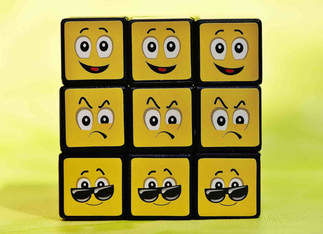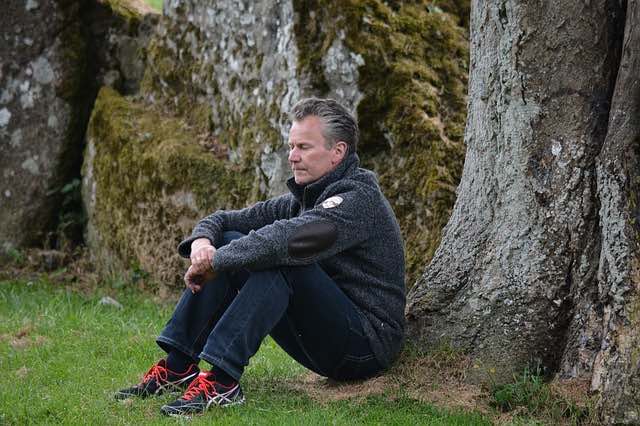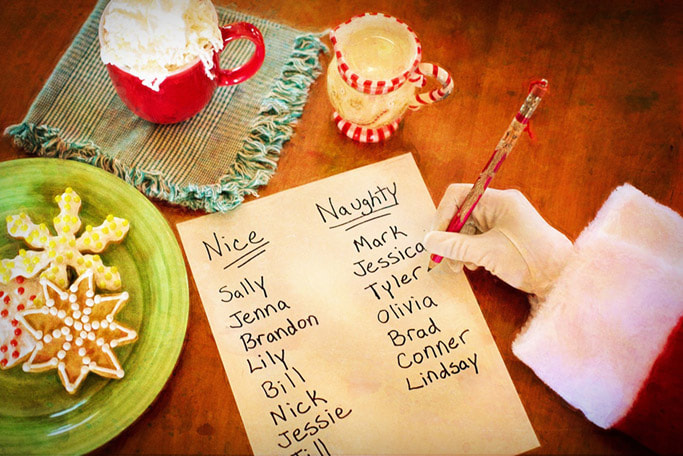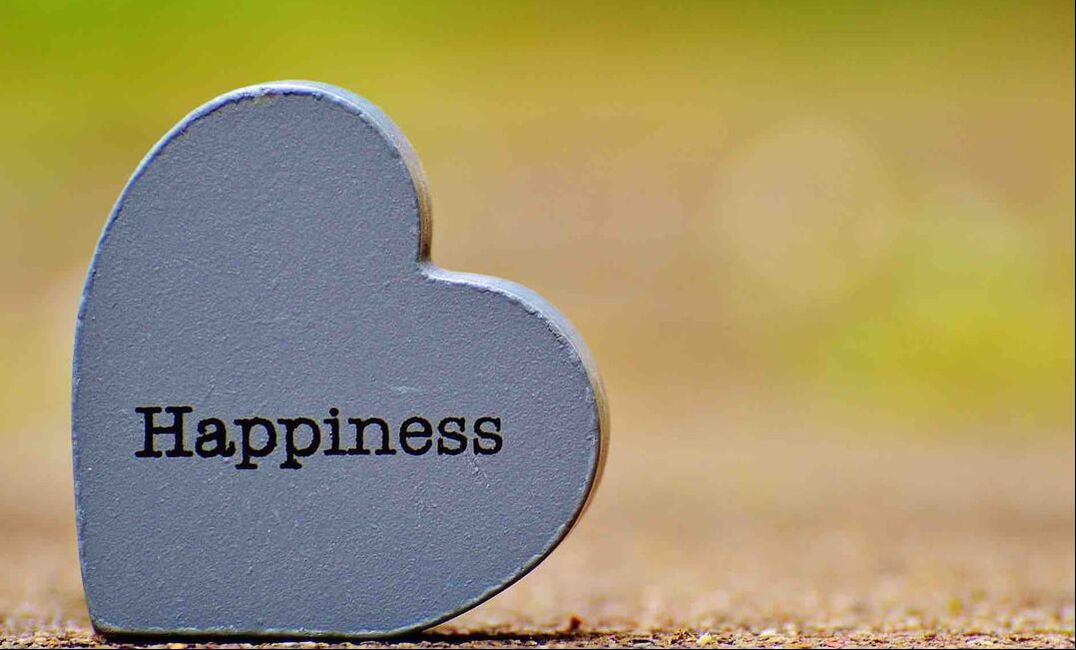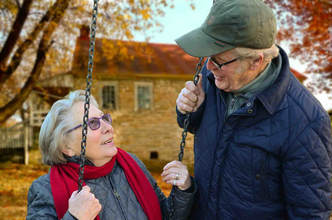Emotion Activities
There are many types of activities that can be used to build emotional skills (also known as emotional intelligence). By regularly using these emotion activities, you can build your emotional skills — skills like emotion regulation, positivity, and mindfulness. This is why using emotion activities leads to improvements in happiness and increase your well-being. So check out these activities and see which ones appeal to you.
Prioritizing PositivityThe research shows that the more we engage in activities that promote happiness, the happier we are. In this activity, you learn to prioritize these activities.
|
|
Mindfulness
What Leads To Happiness?It turns out that defining happiness is not a simple task. Before developing your happiness skills, it's helpful to clarify what happiness means to you.
|
Happiness DrawingsWhen we visualize events, our brains process these events as if they were real. In this activity, you help you brain imagine happiness by drawing it.
|
Growth Mindset for Happiness
|
It turns out that we don’t just find happiness. Happiness, just like other skills, must be learned. By building a growth mindset, you enhance your belief that happiness can be learned. As a result, you have greater success increasing your happiness. In this activity, you work on your growth mindset to generate healthy beliefs about happiness.
|
Positive Memory
Achieving happiness starts with our brains. If happiness skills are learnable, then these skills, just like other skills, rely on our memories. In this activity, you develop the part of your brain that helps you maintain positive memories.
|
Positive Qualities
To remind yourself that you have value and worth, it's important to remember your positive qualities. In this activity, you do this by exploring the positive aspects of your personality.
|
Scheduling Time for Happiness
Personal Strengths
What are you especially good at? It doesn’t have to be anything big. For example, some people are really good at cooking. Other people are really good at listening. Others are really good at reading. In this activity, you ask yourself, what are your strengths?
|
Savoring The Moment
Savoring the moment makes positive emotions last longer or be stronger. Regularly engaging in savoring contributes to improved well-being. In this activity, you engage in a savoring practice to hone this skill.
|
Gratitude Note
Emotional Processing
You can improve your ability to automatically process your negative emotions. This will help you cope with negative situations and capitalize on positive situations. In this activity, you learn about several health emotional processes.
|
|
Positive Reappraisal
Negative Reappraisal
Negative reappraisal involves cognitively reframing a negative event as less negative. In this activity, you learn about positive reappraisal and engage in a practice to build this skill.
|
|
Live Your Values
Gratitude List
Gratitude is the process by which we feel or express thanks for someone or something in our lives. In this activity, you'll practice gratitude by making a gratitude list.
|
Accountability
One of the ways people stick to their goals is by telling other people what their goals are. In this activity, you'll identify an accountability buddy to help you keep building your happiness.
|
Gratitude Drawing
When you draw what and who you are grateful for, you are not only expressing your gratitude, you are creating images that you can keep visible and share with others. In this activity, you draw a gratitude picture to practice gratitude.
|
What Happiness Means
We feel like we know what happiness is. But we are less sure how to create happiness. In this activity, you'll discover which skills contribute to your happiness.
|
Self-Compassion
No one meets all of their goals all of the time. The ability to accept yourself, non-judgmentally, is key to having optimal well-being. In this activity, you build this skill by practicing self-compassion.
|
Imagine Your Best SelfWhen we imagine things, our brains experience them as if they are real. So when we imagine our best self, our brains can begin to build pathways that support us becoming that person. In this activity, you imagine being your best self.
|


















